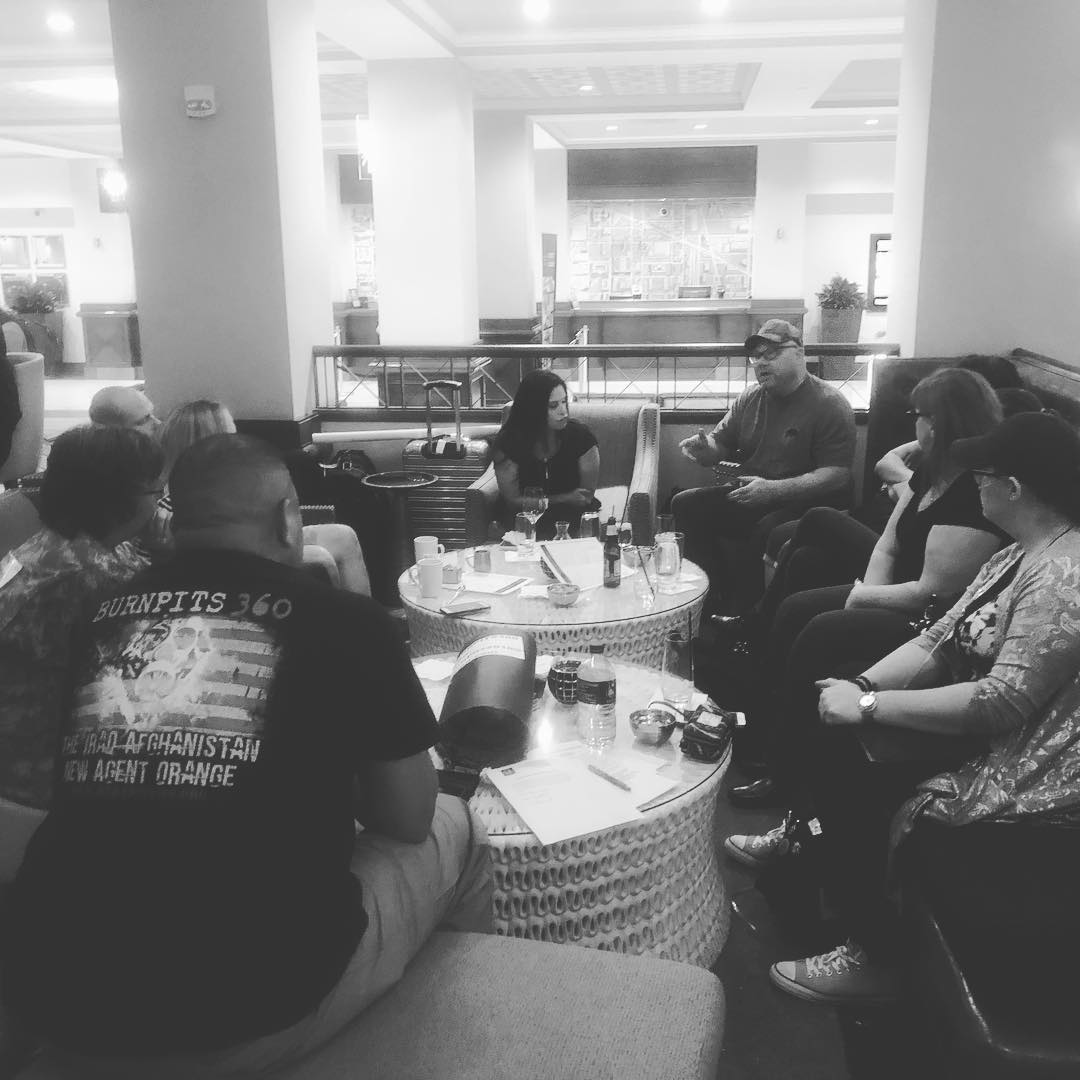Have you heard about the penguin?
A beach in Christchurch, New Zealand, had an unexpected visitor this week — a penguin that had traveled 3,100 miles from its native Antarctica.
The bird is known as an Adélie penguin and is the classic black and white tuxedo-looking one. This instance appears to be only the third time that an Adélie penguin has come up to New Zealand's shores.
The first sighting was a dead penguin found in 1962; a live bird was spotted in 1993.
THE NEW YORK POST notes, "Named “Pingu” by charmed locals, he’s just the third Adélie penguin ever found on New Zealand, the BBC reported. The breed lives only on the Antarctic peninsula — at least 1,864 miles away." Austrailia's ABC adds:
Rescuers were stunned to find the penguin was an Adélie.
Tests revealed that it was underweight and dehydrated and it has since been given fluids and fed via a feeding tube.
Rescuers said Pingu would be released onto a safe beach on Banks Peninsula.
"This beautiful Adelie penguin came all the way from Antarctica," Mr Singh told Newsflare.
"Iraq snapshot" (THE COMMON ILLS):
Friday, November 12, 2021. Still not official results from the October 10th election as tensions remain high.
BBC NEWS notes the tensions in Iraq -- and that these tensions have been going on for weeks, since the October 10th elections.
And, yes, there is still no official, final result for the October 10th elections. Anna Foster observes in her BBC NEWS report above, "It feels like the next big flashpoint we'll be when those results are finally announced."
"A drone crashed down on his [Prime Minister Mustafa al-Kahdimi] house."
Not quite as alarmist as so many have pimped it -- including Joe Biden. David Gardner's column for THE FINANCIAL TIMES OF LONDON reads like he was wetting his pants while he wrote it. Maybe his shaking in fear explains his loose grip on reality? That would explain nonsense like this:
The Iraqi paramilitaries had a good run after the Sunni jihadis of Isis erupted back into Iraq in 2014 and swept aside a national army hollowed out by corruption and sectarianism despite billions of dollars in US aid and training. They joined up with the more than 100,000-strong Popular Mobilisation Forces, blessed by Grand Ayatollah Ali al-Sistani, Iraq’s spiritual leader, as Isis pressed south towards Baghdad and the Shia shrine cities of Najaf and Kerbala. They claimed credit for halting the jihadist drive and for later seizing back disputed territory from Iraq’s self-ruling Kurds. But they did not dissolve their power structures, even taking control of the PMF as successive governments struggled to rein them in.
I'm sorry, what? You're going by the disgraced NEW YORK TIMES journalist who was eating with the militias, being taken home to their parents home and supposedly putting out for them while she was raving over them in that paper of misrecord.
Other than her crazy ravings -- that we called out in real time (while others were praising her lies -- that reality doesn't exist.
Mosul. Not a success story but let's pretend it is. What drove ISIS out? The same people that let them escape to Syria. The US government.
If you don't get that, maybe stay out of the conversation.
Mosul is in ruins -- physically in ruins.
From ISIS?
No.
From the militias?
No.
From the Iraqi military?
No.
From US war planes that bombed Mosul repeatedly. Those bombings -- and the offer of passage to Syria -- is what led ISIS to finally leave Mosul.
I'm sorry did Rukmini con you on that too? THE NEW YORK TIMES removed her from the beat because of her lies. She was reassigned (finally) to education. Check out her Twitter feed and you'd never know it. It's hilarious to read that feed for a 'reporter' who is supposedly covering US education.
Mosul is in ruins and it is in ruins because it was bombed over and over and over. That was US war planes. The argument is that they were driving ISIS out. ISIS occupied Mosul, they seized control of the city in 2014. In June of 2015, in July of 2016 it's declared liberated by then-Prime Minister Hayder al-Abadi. Mosul remains in ruins.
ISIS didn't leave Iraq. Many in Mosul went to Syria. And even THE NEW YORK TIMES reported on it (Eric Schmidt and Rod Norland were the reporters):
But that American line in the sand was wiped away with a telephone call last Friday from Russian military headquarters in Syria to American headquarters in Baghdad. Russia asked the United States to remove aerial reconnaissance over the convoy, which both sides knew would allow the convoy to proceed.
The request was part of what the military calls “deconfliction,” a process to make sure the Russian-backed Syrian forces and the American-backed Syrian Democratic Forces do not inadvertently attack one another while both are trying to battle ISIS.
The militias were on the ground in Mosul. You can find video news reports of them . . . yelling at women in Mosul, ordering them no how to dress or how not to dress, accosting women on the streets of Mosul. You can find plenty of that. SO I would never deny that they were on the ground. I did -- in real time -- question the wisdom of them being in that area considering the ethnic and religious beliefs of the militias -- the same ethnic and religious bleiefs that were now dominant in Baghdad and had made the bulk of Christians in Baghdad flee to Mosul for sanctuary before ISIS took over. They terrorized the people of Mosul. It's what militias do. They enforce by terror.
Let's stop pretending that the victory in Mosul was due to those amazing militias. And let's get honest that the so-called 'victory' that happened in 2016 is an abject failure when, in 2021, Mosul still ies in ruins.
Don't worry though, the oil-rich government of Iraq continues to beg the world for money to repairs Mosul.
Just as that government doesn't want to spend money to make the lives of Iraqis across the country better, it doesn't want to spend money to improve Mosul. No, all the money that can be grabbed will continue to be shoved into the pocket of crooked politicians and officials.
Anchal Vhora (ORF) offers a look into Shi'ite cleric Moqtada al-Sadr:
A firebrand Shiite cleric and America’s old foe, Muqtada al-Sadr, has emerged as the strongest political leader in Iraq after his bloc garnered the highest number of seats in the general elections last week. He backed the Sairoon list of candidates who scored a total of 75 seats—20 more than the last elections in 2018.
Muqtada al-Sadr, 47, is the son of Grand Ayatollah Mohammed Sadiq al-Sadr, who was a stalwart opposition figure in Iraqi politics during Saddam Hussein’s time and was allegedly assassinated on Hussein’s orders.
Soon after America’s invasion of Iraq in 2003, Muqtada capitalised on the family name and formed a militia called Mahdi army to challenge the American troops. The same militia was also accused of massacring Sunnis at one point in a sectarian conflict.
Over the last several years, since he disbanded the militia and formed what he called ‘peace brigades,’ the cleric has brandished himself as a nationalist—opposed to both American presence and Iran’s influence exerted by militias and political groups that it backs. Sadr has also gained support amongst communists and Sunnis in the country by promising jobs and an end to corruption.
Soon after the results were announced, Sadr addressed the concerns of the masses regarding economic deterioration of the war-ravaged country, whilst the political elite squabbled over personal gains and split them on sectarian bases.
“It is the day of the victory of reform over corruption. The day of the people’s victory over occupation, normalisation, militias, poverty, injustice, and enslavement,” he said. “It is a day when sectarianism, ethnicity, and partisanship were defeated. It is the day of Iraq and we are the servants of the Iraqi people.”
While Sadr’s candidates increased the tally, Iran-backed Fatah Alliance faced a drubbing in the elections. It saw its parliament seats reduced from 48 in 2018 to between 12–14 this time.
Fatah Alliance, also referred to as the Conquest Alliance, is a coalition of Iran-backed militias called Hashd al-Shaabi or the Popular Mobilisation Forces (PMF) which fought the terrorist organisation, ISIS, and later became a part of Iraq’s army. In 2018, Fatah was formed to fight elections with the idea of converting gains in the battlefield into success in the political arena. It is led by Hadi al-Amiri, the leader of the Badr organisation, the most powerful militia backed by Iran.
Well, she tried to offer a look at him. You can't blame her for his thin resume which, other than "Daddy's boy who inherited his role," doesn't really contain much.
Mohanad Hage Ali offers, at Carnegie Middle East Center, this take:
Indeed, the recent elections in Iraq may represent a cautionary tale for Hezbollah. There, Iran’s allies lost seats, something that Nasrallah certainly does not want to replicate in Lebanon. That could well push Hezbollah to ensure that the country takes a rain check on its democratic process, or what’s left of it, come March of next year.
We'll wind down with this from BURN PITS 360
| |||||||||||||||||
| |||||||||||||||||
|
The following sites updated:


